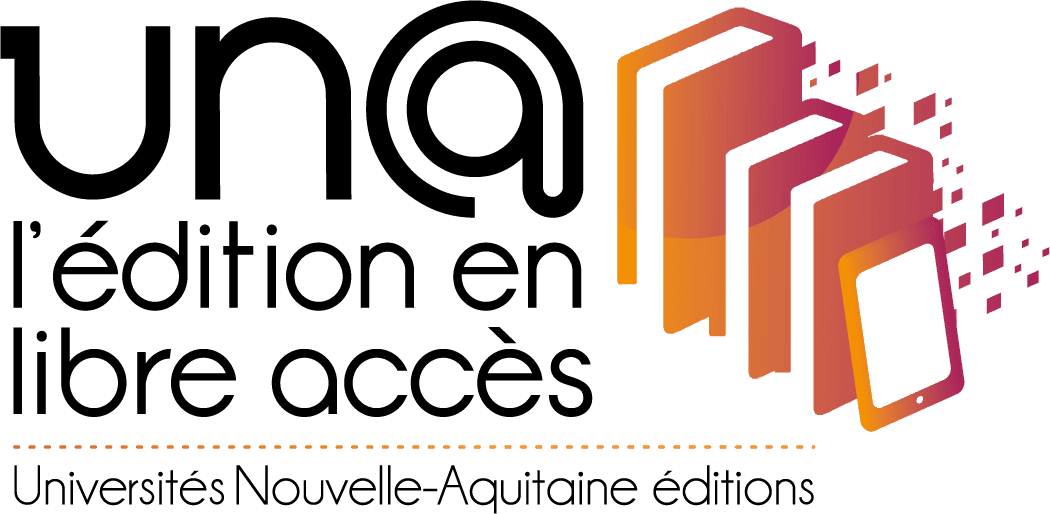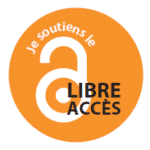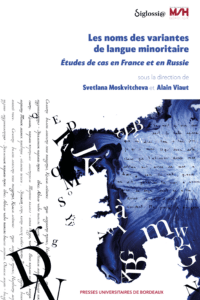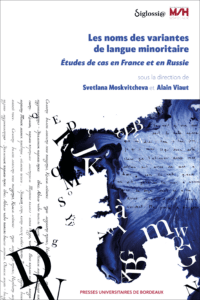UN@ est une plateforme d'édition de livres numériques pour les presses universitaires de Nouvelle-Aquitaine
Auteur : Ekaterina M. Devyatkina

Institute of Linguistics,
Russian Academy of Sciences 1 bld. 1 Bolshoy Kislovsky lane
125009 MOSCOW (Russia)
devyatkinaem@gmail.com
0000-0002-4014-5373
Russian Academy of Sciences 1 bld. 1 Bolshoy Kislovsky lane
125009 MOSCOW (Russia)
devyatkinaem@gmail.com
0000-0002-4014-5373
Senior researcher (Group for Finno-Ugric Languages, Institute of Linguistics, RAS).
My work is focused on the study and documentation of Mordvin languages, the dialectological expeditions, the creation corpus of the dialects of Mordvin languages, the research on Finno-Ugric toponymy, the etymological research of Finno-Ugric languages.
Bibliographie indicative
- Gordova, Yuliana Yu., Mel’nik, Valentin I., Mudrak, Oleg A., Koryakov, Yurij B., and Devyatkina, Ekaterina M. (2022). Toponimičeskij atlas Tambovskoj oblasti [Toponymic atlas of the Tambov region]. Moscow: Lenand.
- Gordova, Yuliana Yu., Devyatkina, Ekaterina M. and Mel’nik, Valentin I. (2021). « Toponimy finno-ugorskogo proishoždeniâ s finalâmi -lâ, -(e)lʹ na territorii Tambovskoj oblasti » [Toponyms of Finno-Ugric origin with the finals -l’a, -(e)l’ in the territory of Tambov Region]. Bulletin of Ugric Studies, n° 11(4), p. 632–640, [DOI].
- Devyatkina, Ekaterina M. (2020). « Finno-ugorskij substrat v gidronimii Tambovskoj oblasti (slovoobrazovatelʹnyj analiz) » [Finno-Ugric toponymy in the Tambov region (word-formation analysis)]. Modern Studies of Social Issues. n° 12(6), p. 49–62, [DOI].
- Devyatkina, Ekaterina M. (2020). « Perevod Evangeliâ ot Luki na èrzânskij âzyk (1821): nekotorye osobennosti imennoj morfologii » [Translation of the “Gospel of Luke” (1821) into Erzya: some features of noun morphology]. Finno-Ugric World, n° 12(4), p. 379–388, [DOI].
- Devyatkina, Ekaterina M. (2014). « Nazvaniâ bazovyh èlementov nacionalʹnogo kostûma v pramordovskom âzyke » [Names of the basic elements of the national costume in the Proto-Mordvin language]. Ural-Altaic Studies, n° 4(15), p. 66-82.
- Devyatkina, Ekaterina M., AGAFONOVA, Nina A. (2013). « Èkstralingvističeskie faktory i novye âzykovye âvleniâ (na materiale èrzânskih dialektov Zavolžʹâ i Ûžnogo Urala) » [Extralinguistic factors and new language phenomena in Erz’a dialects of the Volga region and the Southern Urals]. Humanitarian researches, n° 3(47), p. 7-12.
- Devyatkina, Ekaterina M. and Shkapa, Maria V. (2011). « Mordovskie nazvaniâ vooruženiâ: sopostavlenie lingvističeskih i arheologičeskih dannyh » [Mordvin names of weapons: comparison of linguistic and archaeological data]. Ural-Altaic Studies, n° 1(4), p. 7-23.
Contenu additionnel
Website of the Mordovian Republican United Museum.
Website of the Mordovian Republican Museum of Fine Arts.
Website of the Mordovian State National Drama Theatre.
Mots clés
Finno-Ugrian languages, Mordvin languages, Erzya, Moksha, dialectology, comparative-historical linguistics, etymology.
Résumés / Abstracts / Аннотации
Les Mordves représentent l’un des peuples autochtones de la Fédération de Russie. Selon le recensement russe de 2010, ils comptent un peu moins de 750 000 personnes.



